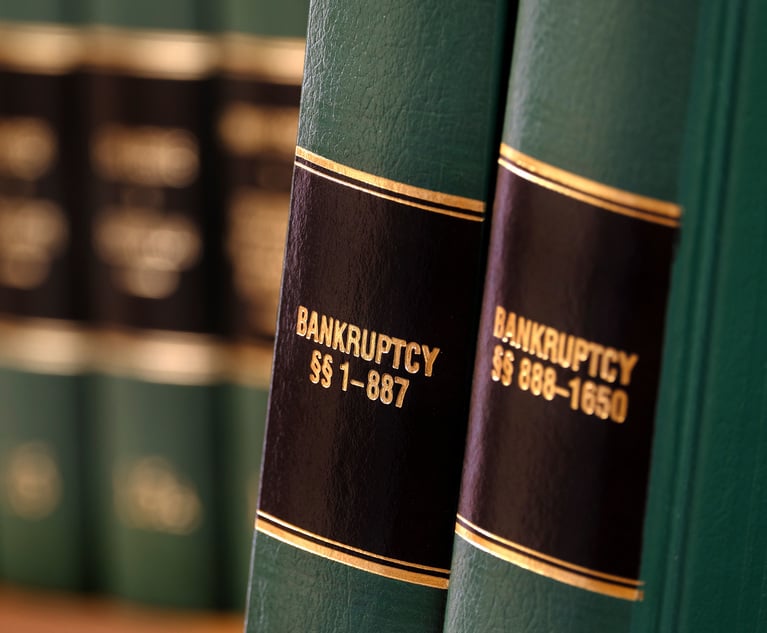Imagine this scenario: Your client creates the next big thing, 2018’s “it” product. With your assistance, that client takes the traditional steps to protect and promote the product: signs nondisclosure agreements with suppliers; obtains trademarks to protect the brand; applies for patents to safeguard the concept; and receives required agency approvals. The client exhausts countless resources, and overcomes repeated challenges, to finally bring the product to market. And then, despite those efforts, an anonymous blogger blasts the product as “unresearched.” Or a random “review” website gives it just 2 out of 5 stars.
This is not a strained hypothetical. Unfortunately, it is an increasingly common phenomenon and one that does not fit into a typical legal box, with any time-tested solution. But there are mechanisms to deal with these types of “fake reviews”—which competitors (both direct and indirect) frequently use to steal website traffic, sales and goodwill. Welcome to the murky world of “fake reviews,” and to the best, and most efficient, means of shutting them down.


 Left to right: Adam Fischer and Kelly Tillery, Pepper Hamilton
Left to right: Adam Fischer and Kelly Tillery, Pepper Hamilton




